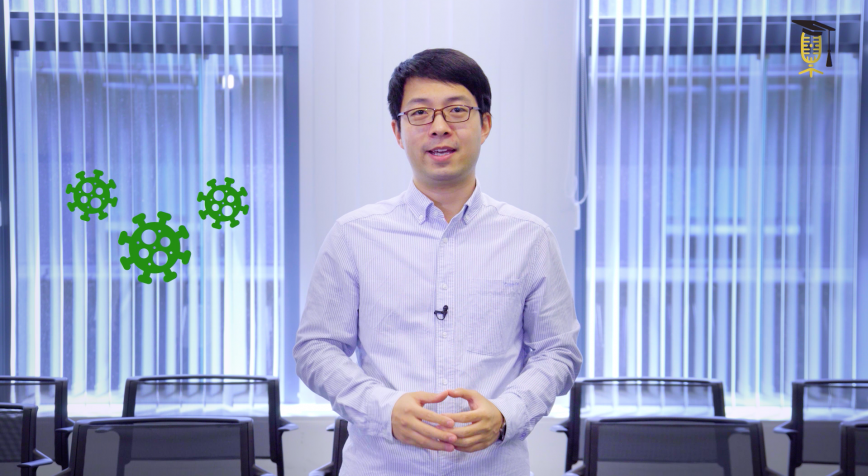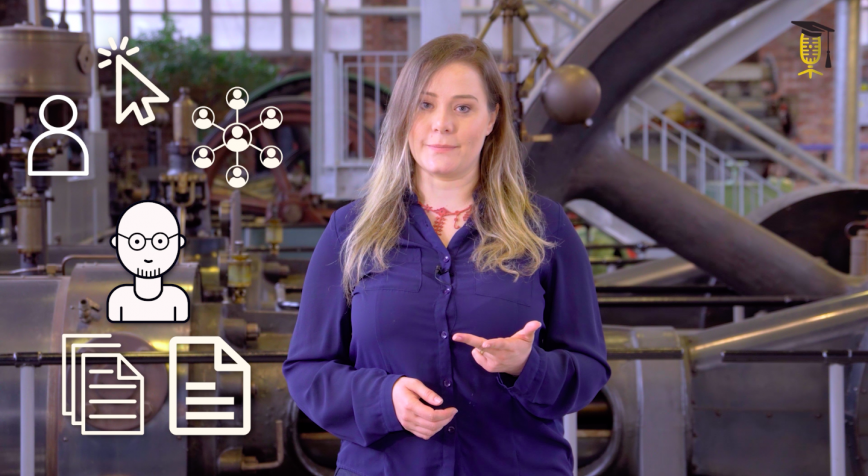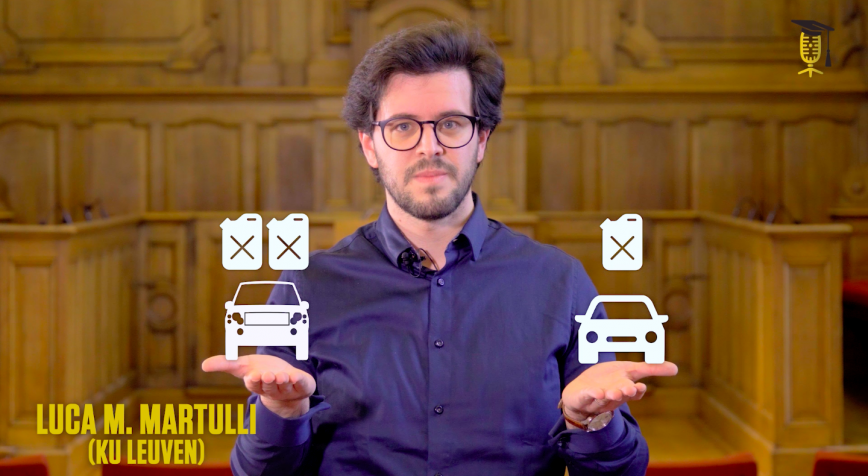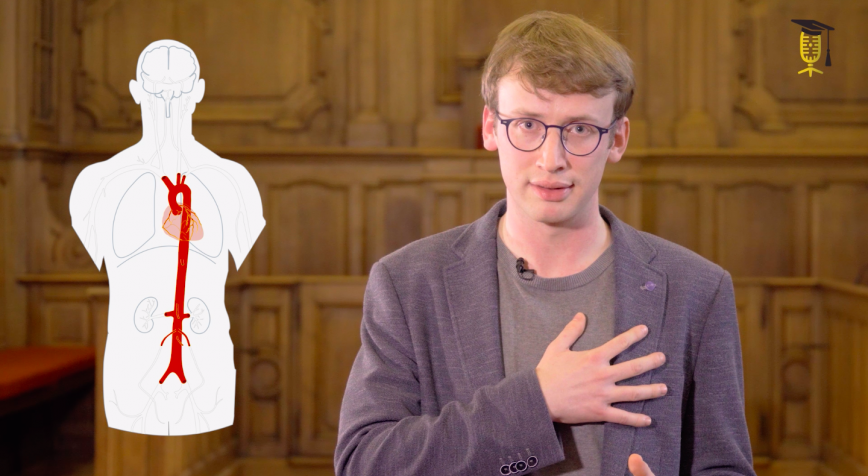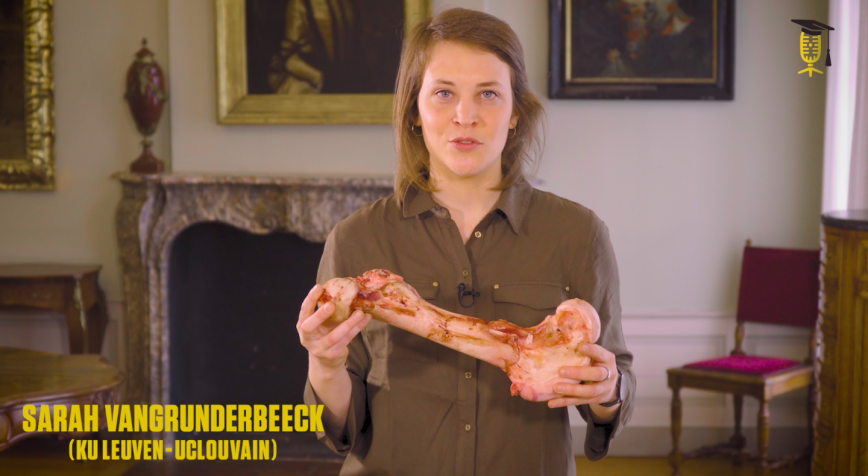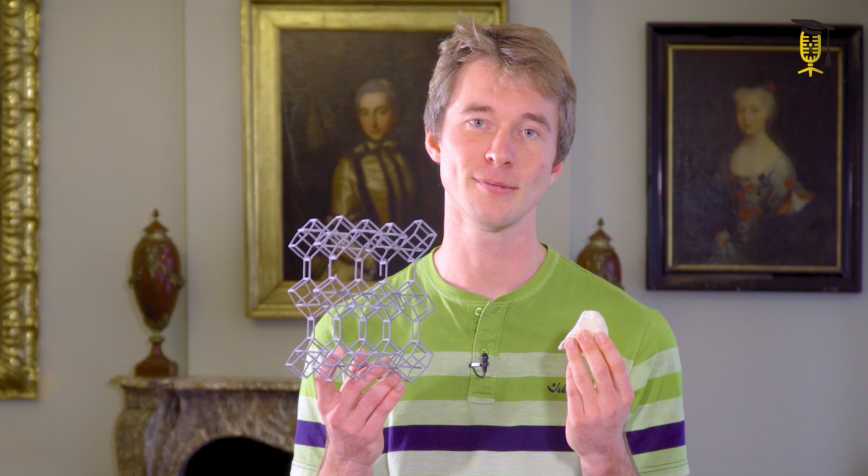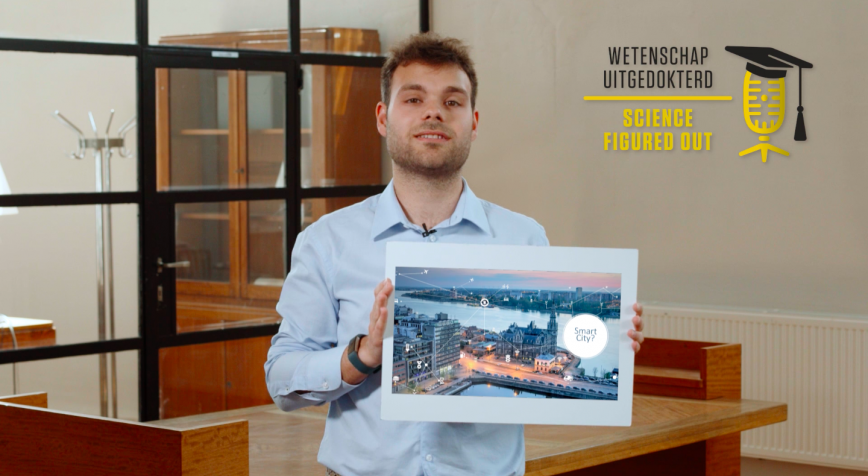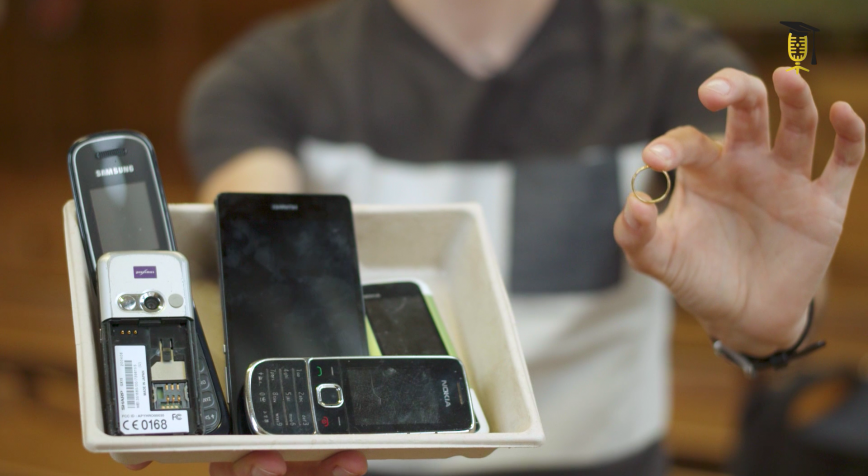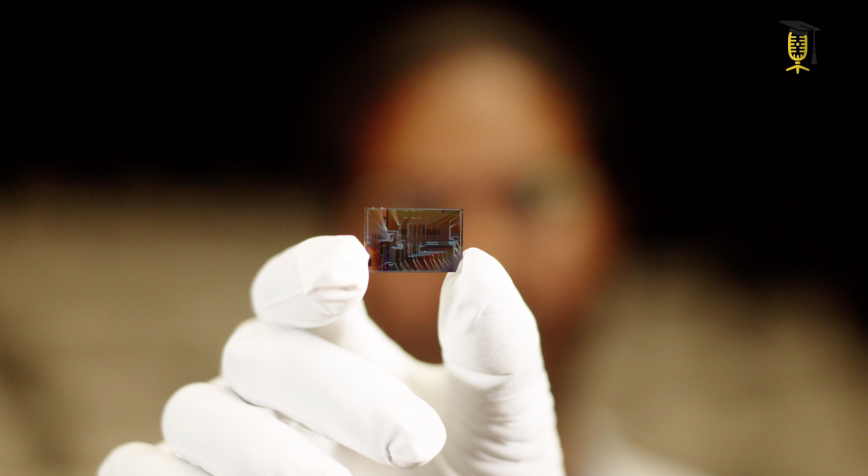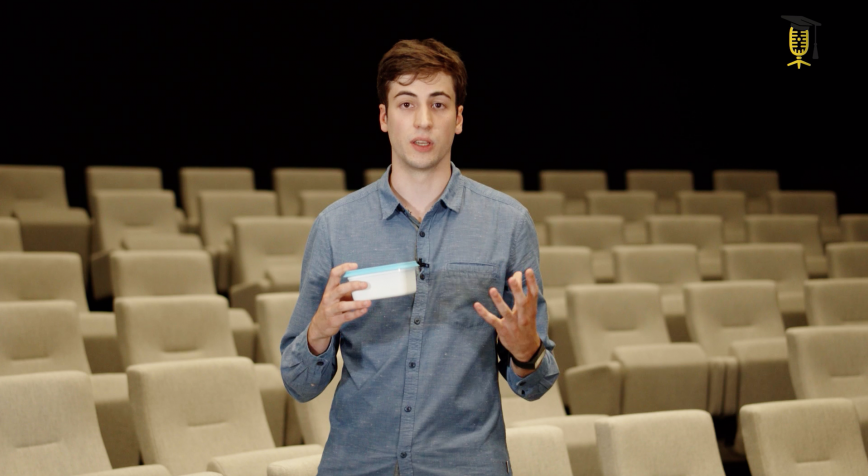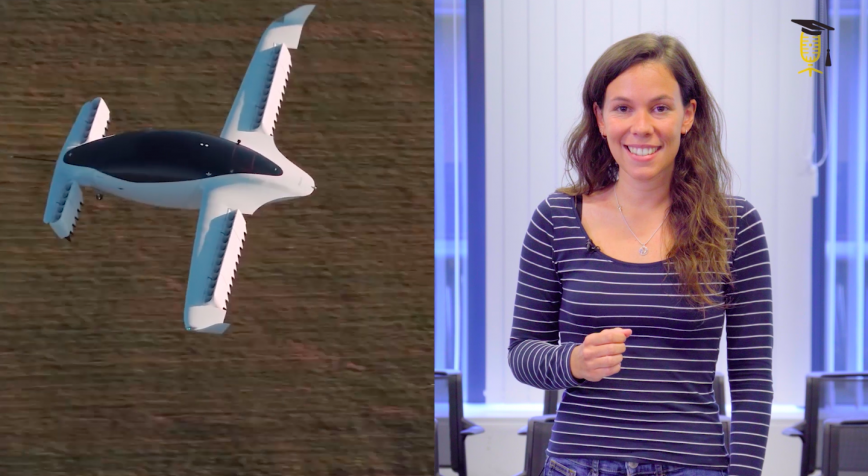
imec
KU Leuven
UGent
How can we build the batteries of the future?
Can you imagine a future where you could travel from Liverpool to London in a fully electric flying taxi in one hour? Andre Pitillas (Imec & Ku Leuven) is working on the 'batteries of the future' that will help make this happen.
